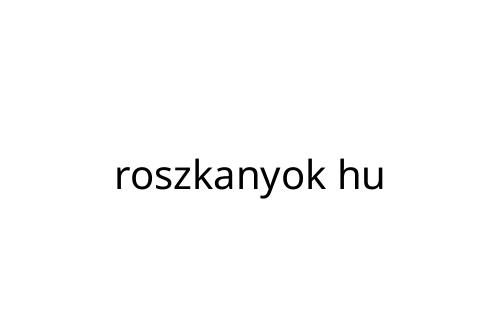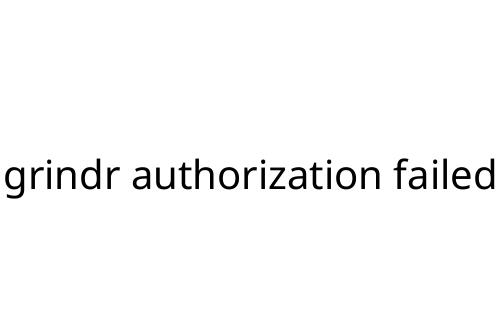What Is gkfnhev?
At its core, gkfnhev looks like a jumble of letters. It reads like something someone typed by mashing their keyboard. But users have reported seeing it embedded in strange spots: website metadata, random URLs, and even autocomplete suggestions. This kind of digital shrapnel usually means one of two things—either someone is running tests, or something is broken.
Some suspect it’s a placeholder, dumped into place by developers who forgot to change it later. Others think it might be tied to spam bots or SEO manipulation—tactics meant to game algorithms by stuffing the web with unusual, often meaningless terms.
gkfnhev as Digital Noise
Let’s face it—search engines crawl and index everything they can to help people find what they’re looking for. But when something like gkfnhev keeps popping up with no clear context, it disrupts that system. These odd strings become digital noise. Harmless? Possibly. But they do signal that something’s not right.
Maybe someone’s using “gkfnhev” as a unique tag to find where their content lands. It could also be tied to user behavior tracking. If search terms are intentionally made nonsensical, it becomes very easy to see how that term moves through the digital ecosystem—almost like tagging a fish before releasing it into the river.
A Growing Pattern
This isn’t the first time a strange word or tag has made the rounds online without obvious purpose. Think back on things like “asdfghjkl” or “lorem ipsum.” At first, they look like keyboard fights, but there’s usually a purpose behind it: testing, placeholder text, or marking content during development. The difference here is that gkfnhev doesn’t follow those traditional uses—or it’s hiding its purpose more effectively.
More than a few developers have noticed it showing up in unexpected logs or error reports. That usually happens with broken processes or botched automation. It suggests that gkfnhev might be tied to scripts that aren’t doing what they’re supposed to do. Or worse: scripts that are doing what they’re supposed to do, but shouldn’t be.
Should You Be Concerned?
Probably not. But it’s always worth paying attention to patterns like this. If you manage a website or online portal and keep spotting gkfnhev in data logs or traffic reports, it might mean your platform is getting targeted by bots or test scrapers. Clean code and tight security can help reduce noise like this.
On the other hand, if you’re just a casual web surfer wondering why odd phrases like this float around—relax. The internet is like a living organism. Sometimes it burps. These bursts of random letters are often just artifacts of that digital metabolism.
Wrapping It Up
To recap: gkfnhev looks like gibberish, but it’s stirring up curiosity because it doesn’t clearly belong in any one place. Whether it’s the product of error, experiments, or hidden tracking, it reminds us that the digital world is full of artifacts—some intentional, some not. Keep an eye out just in case. But don’t lose sleep over it.




